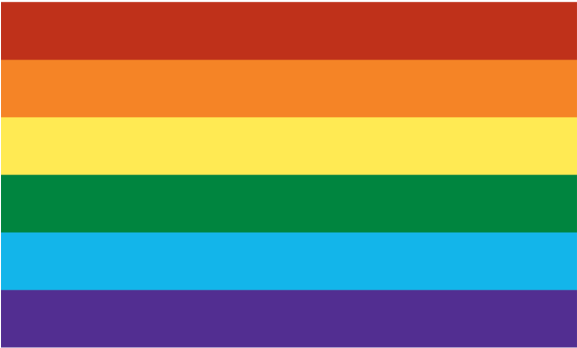Did you know about Pride Month?
Lesbian, Gay, Bisexual, Transgender and Queer (LGBTQ) Pride Month is currently celebrated each year in the month of June to honor the 1969 Stonewall Uprising in Manhattan. The Stonewall Uprising was a tipping point for the Gay Liberation Movement in the United States. In the United States the last Sunday in June was initially celebrated as “Gay Pride Day,” but the actual day was flexible. In major cities across the nation the “day” soon grew to encompass a month-long series of events. Today, celebrations include pride parades, picnics, parties, workshops, symposia and concerts, and LGBTQ Pride Month events attract millions of participants around the world. Memorials are held during this month for those members of the community who have been lost to hate crimes or HIV/AIDS. The purpose of the commemorative month is to recognize the impact that lesbian, gay, bisexual and transgender individuals have had on history locally, nationally, and internationally. — Library of Congress
What does it mean for health practitioners?
Research suggests that LGBT individuals face health disparities linked to societal stigma, discrimination, and denial of their civil and human rights. Discrimination against LGBT persons has been associated with high rates of psychiatric disorders,1 substance abuse,2, 3 and suicide.4 Experiences of violence and victimization are frequent for LGBT individuals, and have long-lasting effects on the individual and the community.5 Personal, family, and social acceptance of sexual orientation and gender identity affects the mental health and personal safety of LGBT individuals.6 — Health.gov
Explore the library’s collection on LGBTQ Health.
View the archived Cultural Competence Webinar Series from Johns Hopkins.

